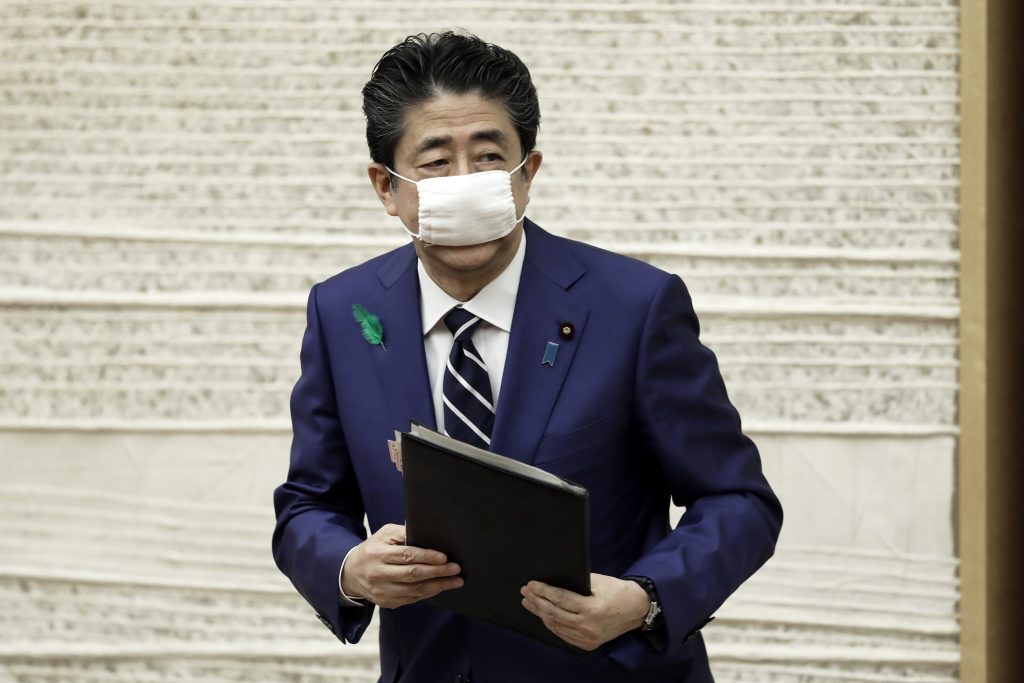
- ARAB NEWS
- 01 Aug 2025

Japanese Prime Minister Shinzo Abe suggested on Wednesday his readiness to consider a proposal to introduce a school year starting in September, in the wake of the novel coronavirus pandemic in the country.
"I would like to study various options at a time when our country faces major changes" amid the virus crisis, he said at a meeting of the Budget Committee of the House of
Representatives, the lower chamber of the Diet, Japan's parliament, in response to Yuichiro Tamaki, head of the major opposition Democratic Party for the People.
At the same time, Abe said, "Some people are cautious about the September enrollment system, arguing that it would have major impacts (on society), and I'm fully aware of such opinions," while pointing out that the school year starts in September in many other countries.
Under the current system, Japan's school year starts in April, but the epidemic is now forcing many schools in the nation to remain shut.
At the committee meeting, education minister Koichi Hagiuda said that introducing the system to begin the school year in September is not easy as many relevant laws will be involved, while noting, "It could be one of major options if it is widely recognized among the public as an issue for the whole of society."
On the possibility of revising again the special measures law on new types of influenza, which was amended earlier this year to cover the novel coronavirus as well, to enhance the government's state of emergency declaration over the pandemic, Abe said that "we would have to consider new steps if the law is deemed insufficient" for fight against the virus.
But the prime minister showed a stance of studying the matter carefully, saying that citizens have been cooperating with stay-at-home requests by authorities.
The government made the state of emergency declaration on April 7 for Tokyo and six other prefectures and expanded it on April 16 to cover all 47 prefectures of the country.
Tamaki called for the government's cooperation with an opposition bill for supporting businesses facing difficulties paying property rents due to the fallout of the epidemic.
In response, Abe showed his respect to the opposition side's eagerness to improve the situation, but declined comment on the bill.
The legislation, which was jointly submitted to the Diet by opposition parties, including the DPFP, on Tuesday, calls for giving businesses a moratorium on rent payments by having a government-affiliated lender shoulder the costs temporarily.
The Lower House is likely to pass the government's draft fiscal 2020 supplementary budget later on Wednesday, with support from the ruling coalition of Abe's Liberal Democratic Party and Komeito, and major opposition parties.
The draft budget, which will finance economic measures to help the country weather the impacts of the pandemic, will be sent to the House of Councillors soon later, and the Budget Committee of the Upper House is set to start deliberations on the extra budget within Wednesday.
The supplementary budget is slated to be enacted on Thursday with endorsement by the full Upper House.
JIJI Press